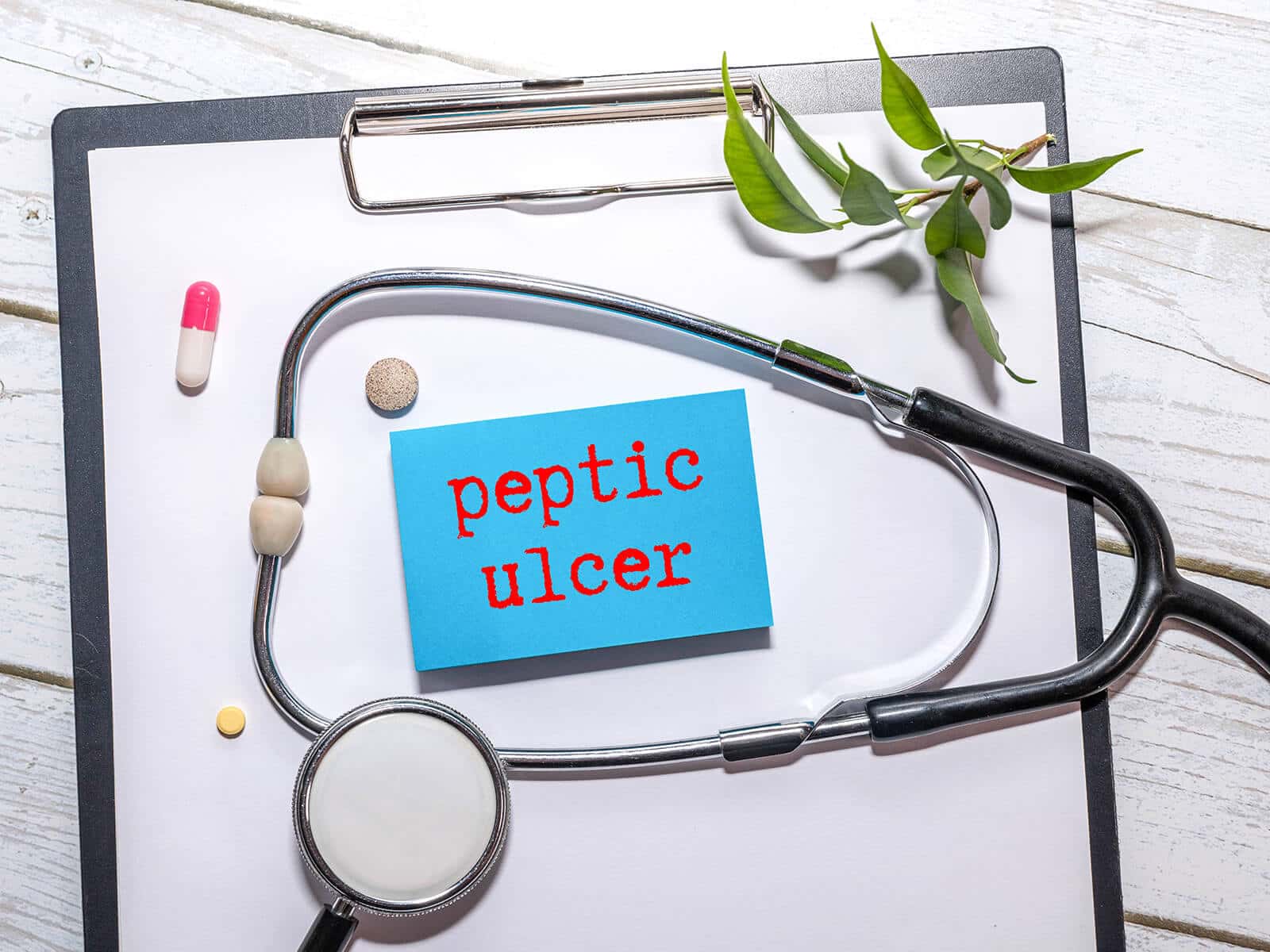
Pelvic discomfort is the sensation of pain, pressure or disamenableness of the lower stomach or pelvis. It may be a dull aching or sharp pinching, or a heavy one. Such kind of discomfort may disrupt normal routine activities, sleep disturbance, and general well-being. GastroDoxs, Jersey Village, is interested in finding the root of the problem and giving real solutions to relief.
Pelvic discomfort can appear in several ways. You may experience:
Many factors can cause pelvic discomfort:
We will help you in case pelvic discomfort is limiting your quality of life. Visit the GastroDoxs in Jersey Village and allow our caring staff to bring you a day after a day of increased comfort. Book your appointment now.
We've successfully treated more than 2K patients, helping individuals improve their digestive health and overall well-being through expert, personalized care.
With over 20 years of experience, GastroDoxs has been a trusted provider of gastroenterology care, focusing on delivering the best outcomes for patients
With development of about 20 weeks, the development of the uterus prompts the stretch of muscles and ligaments in the pelvic region. This comparison may cause weak pains or sensation of fullness.
Attempts of gentle pelvic floor expansion, warm baths, prenatal yoga and wearing of a maternity support belt should be attempted at 27 weeks. It is also important to stay hydrated and not to spend a lot of time standing.
Yes. When the developing baby reaches the age of 28 weeks, the baby pushes more against your pelvis and back. Light and intermittent pain is typical, however acute or chronic pain is to be considered.
Not necessarily. Loosening slot and weight increase of the baby usually cause pain in the pelvic region at the age of 32 weeks. Normal, intense contractions in labor and not localized pains in the pelvis characterize labor.
When you are at 39 weeks, your baby can come down into the birth canal thereby exerting additional pressure on your pelvic bones and joints. Joints are also more likely to become flexible due to the changes in hormones, which may be uncomfortable.
It is possible that menopausal decrease in estrogen levels lead to thinning, weakening, of pelvic tissues making the area sore, causing a feeling of heaviness or cramping of the pelvic region, slightly.
Ovulation pain or mittelschmerz is the pains that are experienced when an egg is released by an ovary. You might experience a short-term sharp cramp or pains on either side of the lower abdomen during mid-cycle.
Yes. The swollen veins around the rectum may give a sense of heaviness or aching sensation on the lower pelvic region particularly when one is sitting, straining to pass bowel movements or when standing a long time.
Most irritable bowel syndrome patients have bloating, cramping, and lower abdominal pain that can be sensed as pelvic pains, especially when they have consumed trigger foods.
Pain following a pelvic examination is commonly caused by a mild amount of pressure against pelvic tissues and muscles. Mild tenderness and spotting tend to heal with no treatment in 1-2 days.